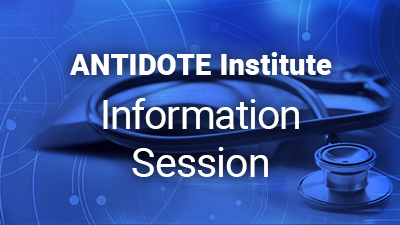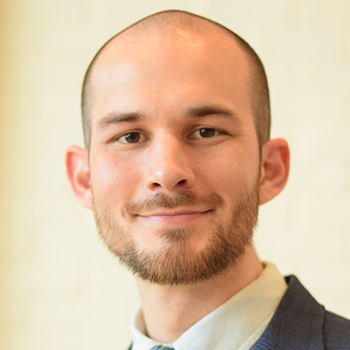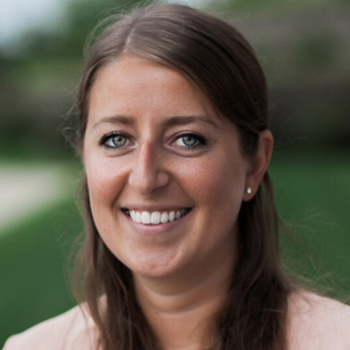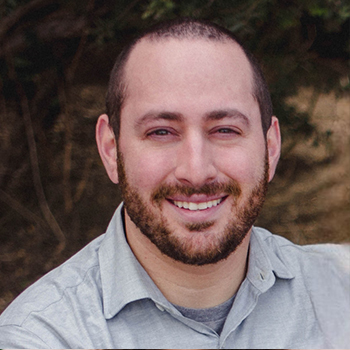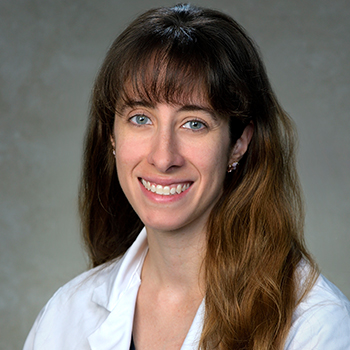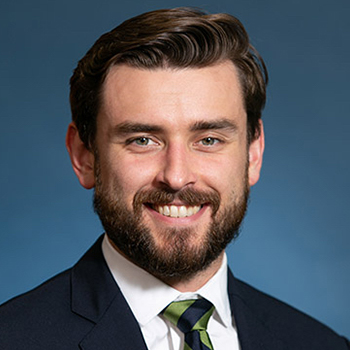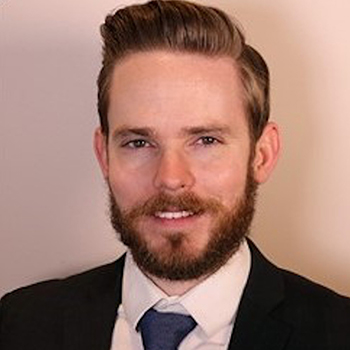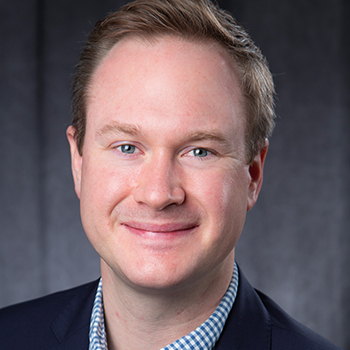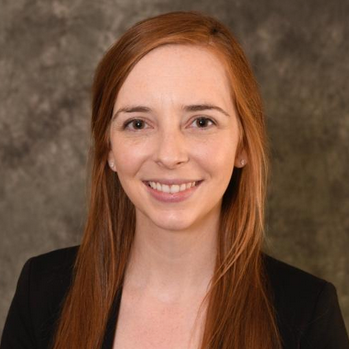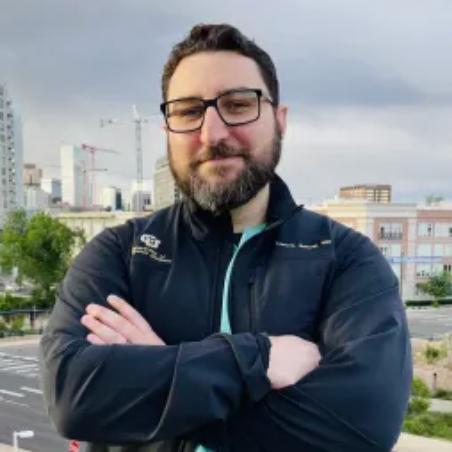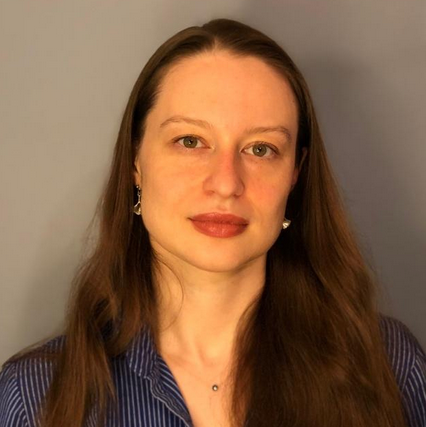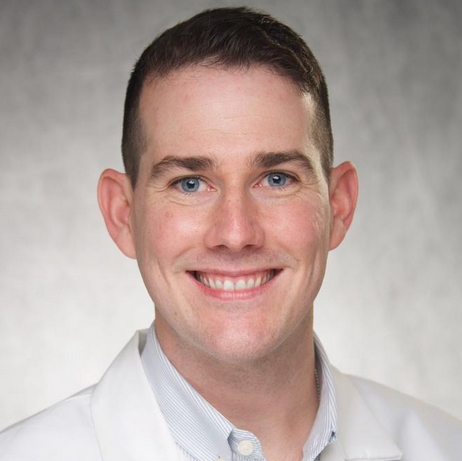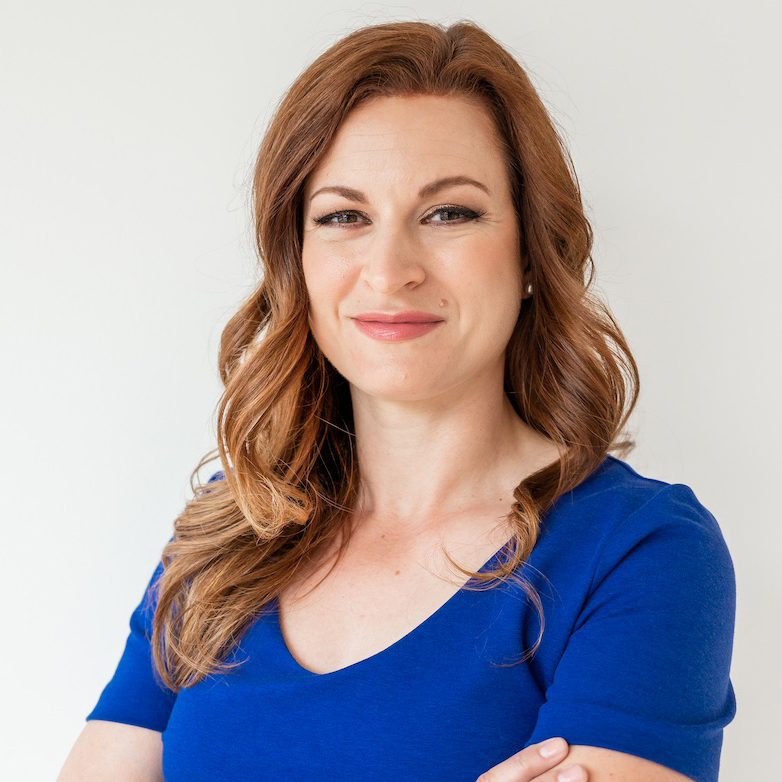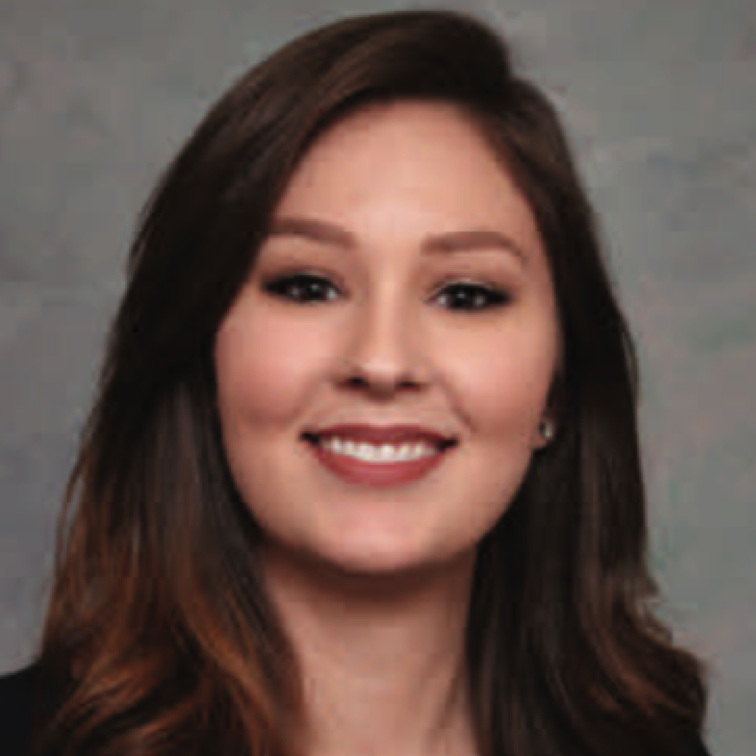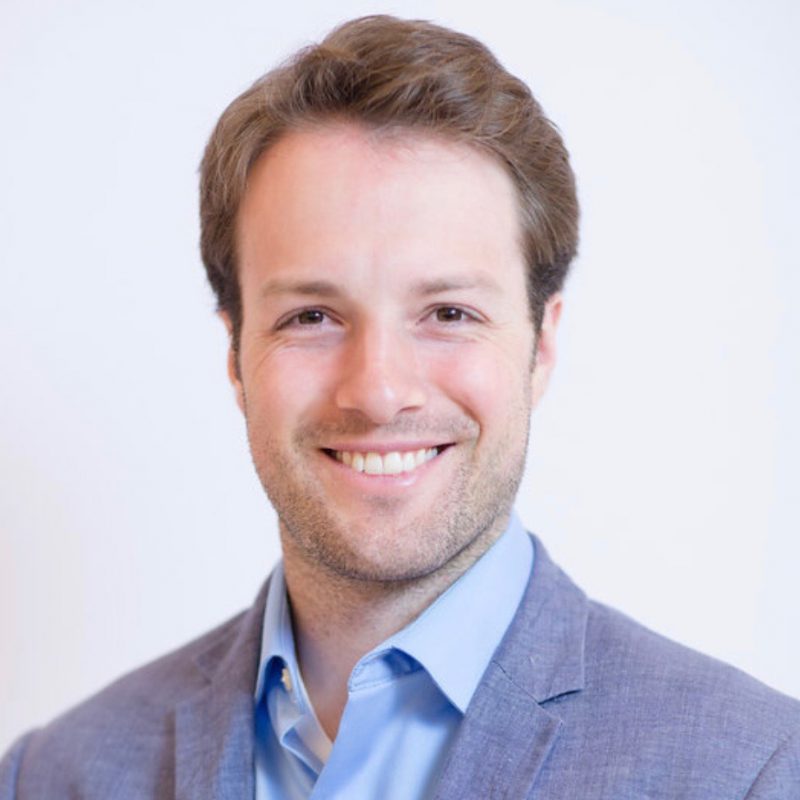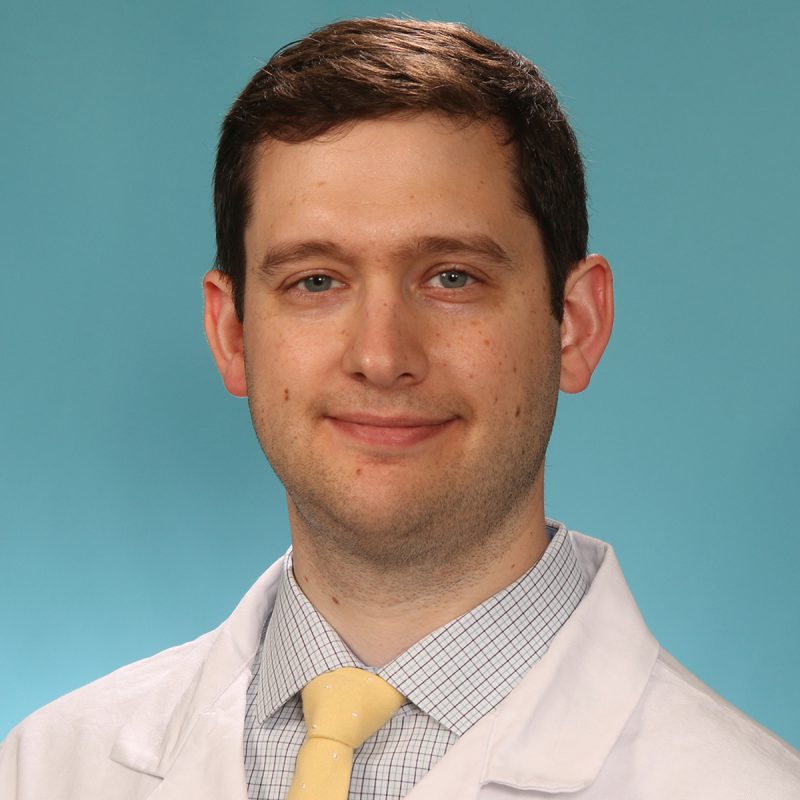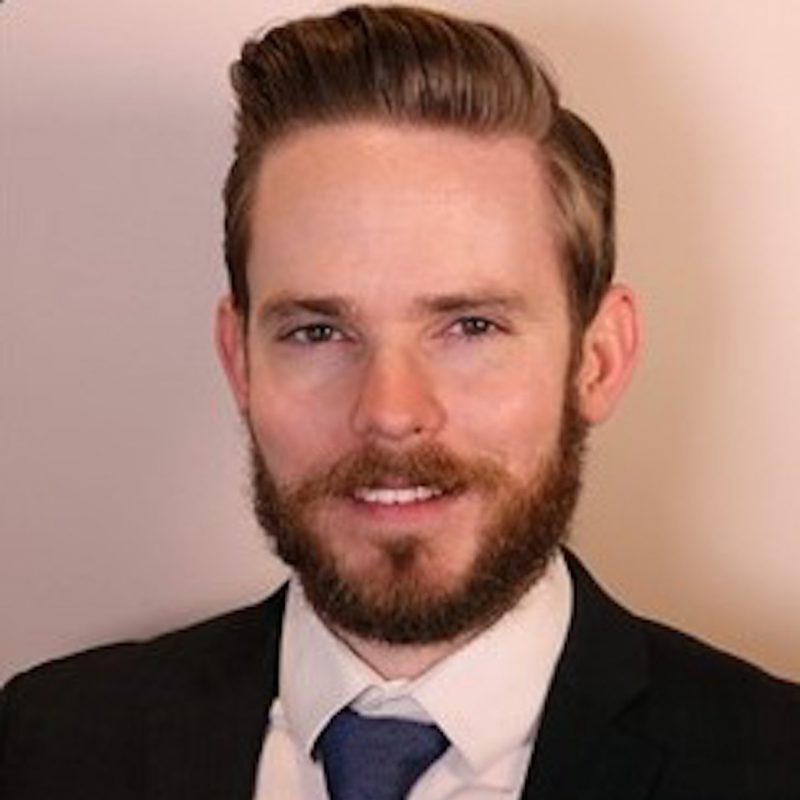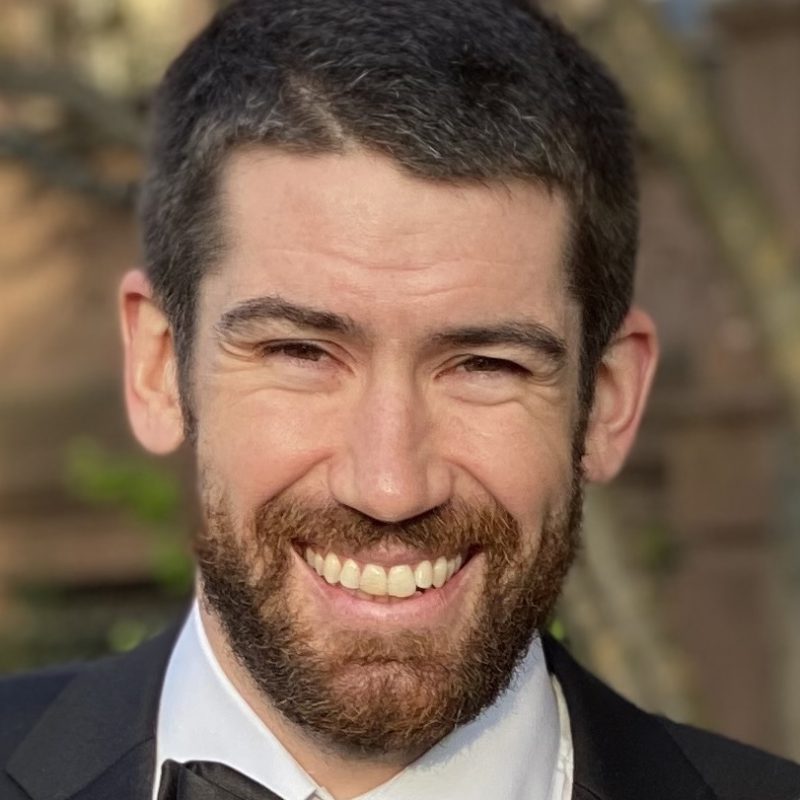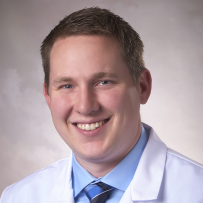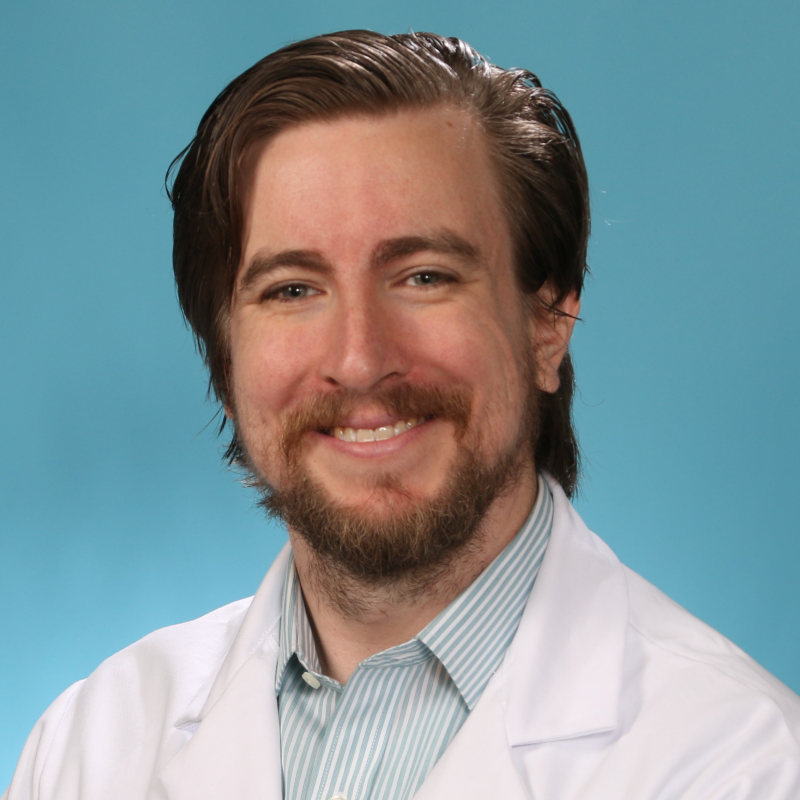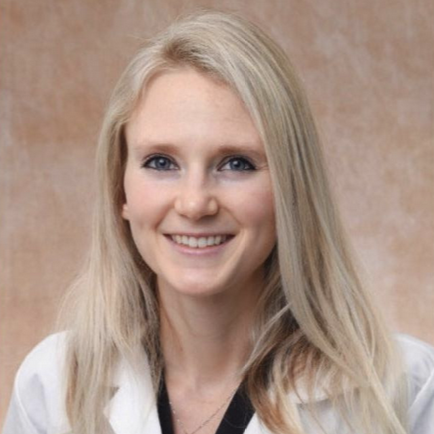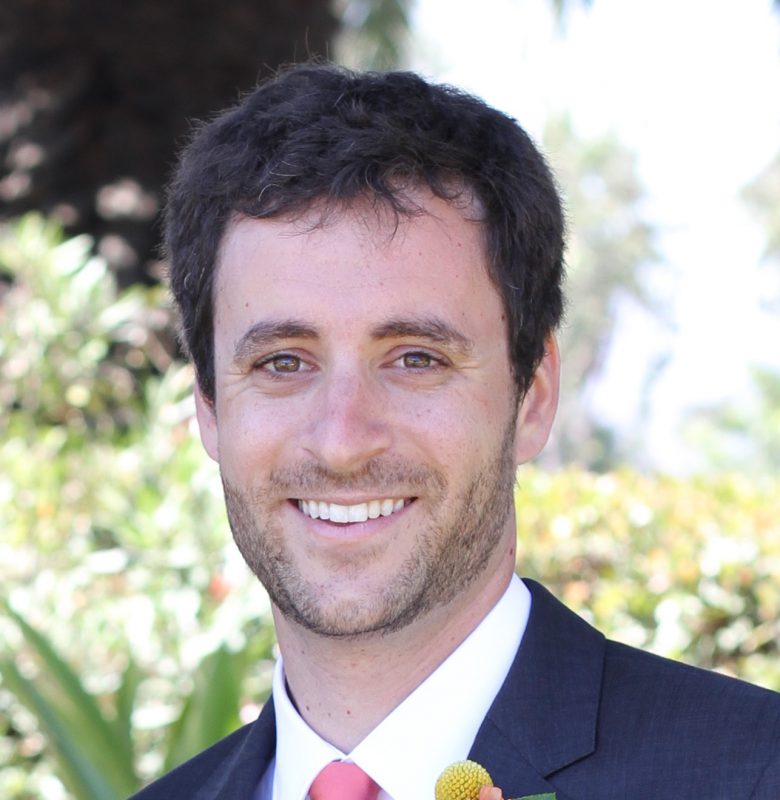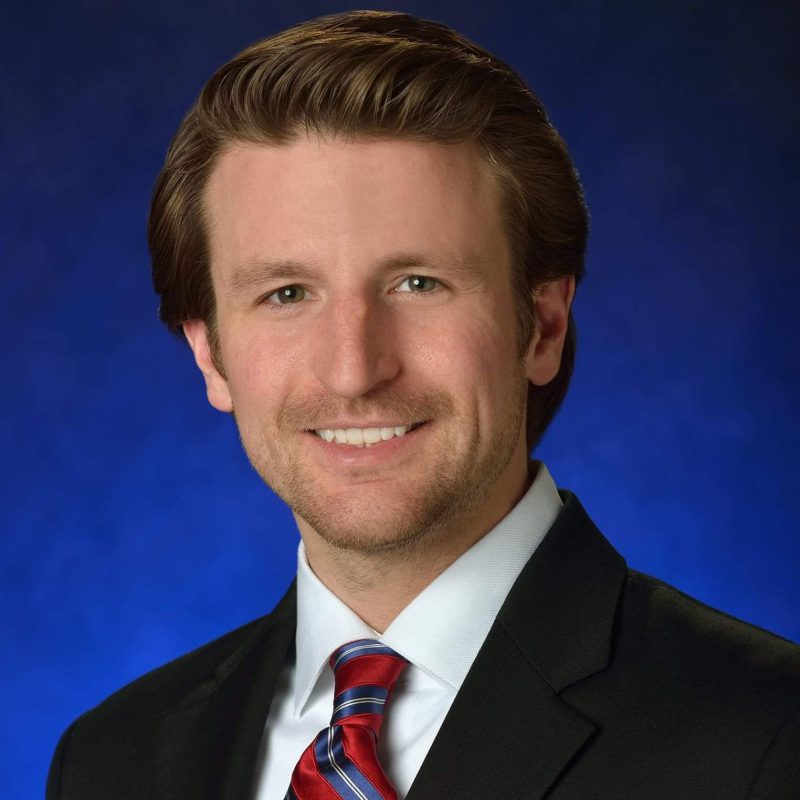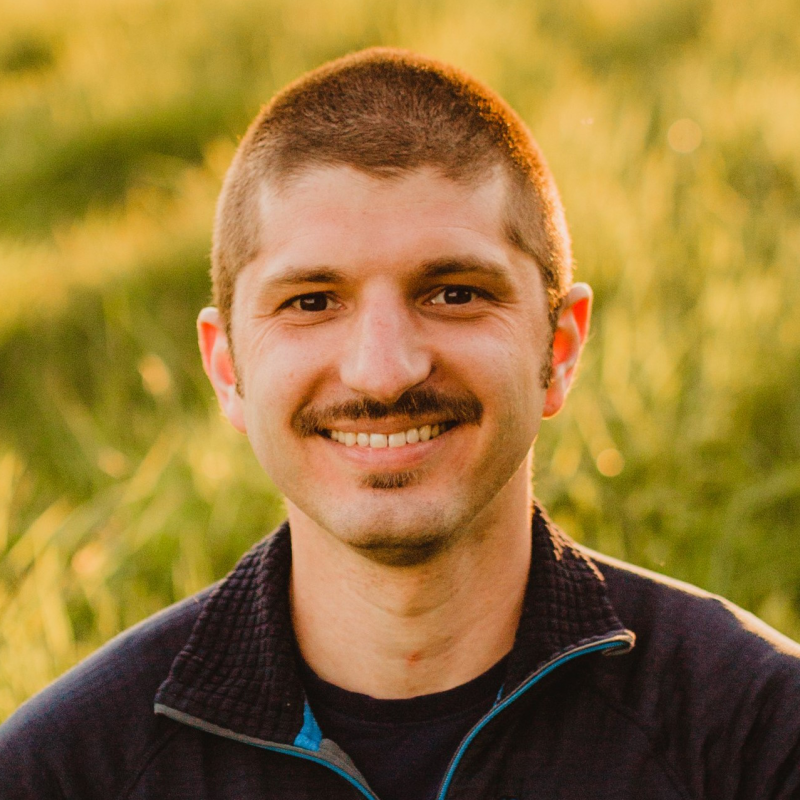

Quick Info
Watch Info Session:
Application Deadline:
November 1, 2025
Participant Notification:
December 1, 2025
First Group Meeting:
#ACMT2025
Questions about the program? antidote.admin@acmt.net
Advancing New Toxicology Investigators in Drug Abuse and Original Translational Research Efforts
Sponsored by ACMT, The ToxInnovation Lab (UMASS), and The Chai Lab (Harvard Medical School)
Medical toxicologists play an important role in defining the care of poisoned patients. Outside of providing clinical care, toxicologists have advanced the science around antidotal therapy, management of the poisoned patient, occupational exposures, and substance use disorder. The discovery and development of the next practice driving advancements in toxicology require rigorous research, and a pipeline of new investigators to drive the field forward. In order to support a career in research, toxicologists need knowledge and skills related to identifying and securing funding sources, scientific writing for knowledge dissemination, and ethical research conduct. Additionally, prospective investigators need to identify a strong network of mentors and collaborators to help them grow their own research program. The ANTIDOTE Institute is an NIH/NIDA funded program (Grant No. 1R25DA058490) that provides an opportunity for fellows and junior faculty to begin to develop their own area of investigation, network with peers and experienced investigators in the field, and gather practical knowledge on topics core to developing a successful research program.
On-Demand Information Webinars
The Opportunity
A two-year long course consisting of 1) focused, small group sessions with moderated peer review, mentorship, and discussion of core topics surrounding research fundamentals and 2) one-on-one mentorship from an established investigator in medical toxicology.
The program offers up to $25,000 in seed funding to support the fellow’s developed project.
The program is intended to help you develop and implement a feasible research project that will serve as a foundation for your career as an investigator. Of note, this is not a formal didactic course on research methodology. We have designed the curriculum to give you basic skills around thinking about research, developing a grant, setting up a budget, writing manuscripts and setting up infrastructure for success. As part of the course, we also have paired each of you up with an ACMT researcher outside your institution. We hope this relationship will be valuable to you as you can learn from their experiences, and they can provide you feedback on your research and goals.
Eligibility
- Applicants must be ACMT members in good standing and junior faculty (within five years of fellowship graduation) for the 2025-2027 cycle.
- Applicants may be second-year toxicology fellows (are eligible), but due to the structure of the program, they will be considered on a case-by-case basis. If you are a second-year fellow, please contact ANTIDOTE admin in advance.
Application Process
Interested applicants will need to provide:
- An NIH Style Biosketch, which includes a personal statement describing your interest in a research career and experience.
- A specific aims page provides a high-level description of your proposed project.
- Letter of commitment from your fellowship director (for fellow applicants) or department chair/division chief (faculty applicants) confirming that you will have the availability and protected time to fully participate in all sessions.
Commitment
- Participation in virtual small group sessions (approximately 2 hours) every other month. These sessions will consist of group discussions around core research concepts as well as group discussions around individual institute member research projects.
- Participation in 30-minute monthly meetings with your mentors to update on your progress during the ANTIDOTE institute and for career advice.
- Attending three in-person ANTIDOTE retreats at ACMT’s Annual Scientific Meeting (ASM 2025, ASM 2026, and 2027). Travel costs for ASM retreats will be reimbursed (up to $2k per year) by the program. We will also have more informal meet-ups at NACCT, which will be optional to attend.
Program Administrators
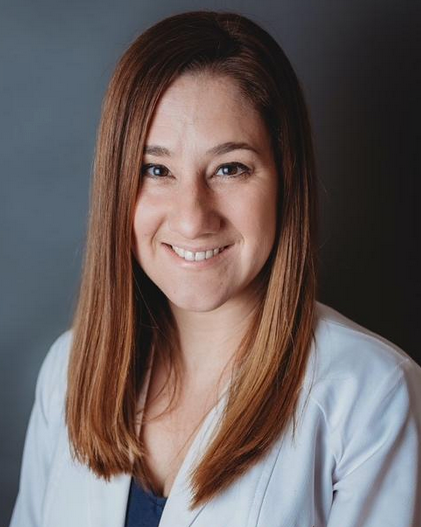
Stephanie Carreiro, MD, PhD, FACMT
Program Chair
stephanie.carreiro@umassmed.edu
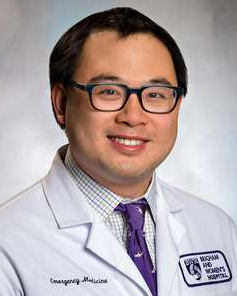
Peter Chai, MD, MS, FACMT
Program Co-Chair
pchai@bwh.harvard.edu

Amanda “Mandi” Sutphin, BSHCA, EMT-P
Program Administrator
amanda.sutphin@acmt.net
ANTIDOTE Classes by Year

Carleigh Hebbard, PhD, MD
Dr. Hebbard is an Emergency Medicine (EM) physician and Washington University’s first Medical Toxicology/Research Fellow. Carleigh earned her MS in Microbiology (Glycobiology), PhD in Biochemistry (Thrombosis and Hemostasis), and MD at the University of Illinois at Urbana-Champaign through the Medical Scholars Program. She became an OSU Buckeye afterward, finishing her EM residency training at The Ohio State University Wexner Medical Center. Since graduate school, she has collaborated with multiple labs on various basic science and translational research projects: investigating links between heart failure and mRNA; elucidating the pharmacokinetics and pharmacogenetics involved in patients’ responses to certain cardiac medications; and, most recently, studying the mechanisms responsible for cardiometabolic abnormalities in obesity. Her long-term academic interest is to merge EM/Tox and basic research. Her project in the Samuel Klein Lab involves GLP-1 receptor agonists, which recently have shown potential in treatment for substance use disorder.
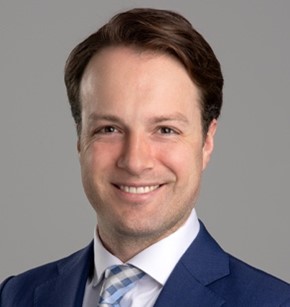
Eric E. Kaczor, MD
Dr. Kaczor is a Clinical Assistant Professor in the Department of Emergency Medicine at the Jacobs School of Medicine and Biomedical Sciences at the University at Buffalo in Buffalo, NY. He is also a volunteer faculty member with Upstate Medical University and works with the Upstate New York Poison Control Center, both of which are located in Syracuse, New York. He is an Emergency Medicine trained physician with a fellowship in Medical Toxicology.
During his residency training he became interested in the application of biosensors in the field of medicine. His first work was on the application of biosensors and machine learning as a means to develop a predictive model for the real time detection of physician stress was accepted for publication and presented at the 2020 Hawaii International Conference on System Sciences (HICSS). During his Medical Toxicology Fellowship, his research interests became focused on the field of toxicology, and he has since published several works exploring the effects and composition of cannabis products. Hoping to apply his biosensor work within Medical Toxicology, he developed a research proposal on the use of wearable biosensors as a means to detect cannabis intoxication, which won first place at the American College of Medical Toxicology (ACMT) national conference Shark Tank competition in March 2020. Unfortunately, that planned study population became inaccessible due to the COVID-19 pandemic.
Since joining the University at Buffalo in 2023, his research has once again focused on applying wearable biosensors in the field of medical toxicology. With the support of the 2024 ACMT Medical Toxicology Foundation (MTF) award, he recently completed data collection for a pilot study using biosensors to detect intoxication and impairment in subjects consuming alcoholic beverages. He is also in the process of implementing a second biosensor pilot study on cannabis intoxication which will build off the 2020 Shark Tank proposal. As part of the 2025-2026 cohort of the ACMT ANTIDOTE Institute training program, he will be developing a follow-up study to this pilot biosensor work.
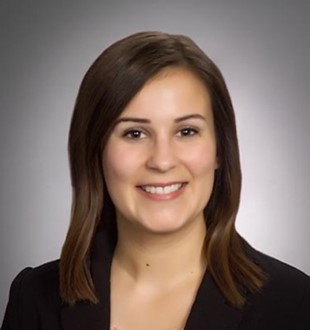
Kayla Kendric, MD
Dr. Kendric is a medical toxicology fellow at the University of California, San Francisco, and the California Poison Control System. She earned her medical degree from Creighton University School of Medicine and completed her emergency medicine residency at Loma Linda University, where she also served as chief resident. Dr. Kendric’s academic interests include advancing medication-assisted treatment for stimulant and opioid use disorders, exploring the impact of novel substances of misuse, and enhancing toxicology education for medical professionals. Her current research focuses on improving the continuity of care for pediatric patients with opioid use disorder who present to the emergency department.

Cyrus E. Kuschner, MD
Dr. Kuschner is an Emergency Physician and Medical Toxicology Fellow at Northwell and PhD candidate at the Elmezzi Graduate School of Molecular Medicine. He completed residency in emergency medicine at Northshore University Hospital and Long Island Jewish Medical Center (NS/LIJ). He has research experience in large data analysis, mitochondrial physiology, lipidomics, and mitochondrial transplantation. His current research focuses on applying mitochondrial transplantation to medical toxicology focusing on neurotoxic exposures.
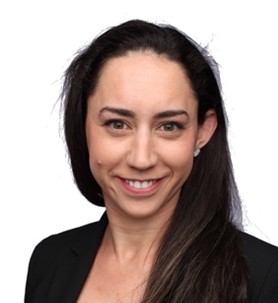
Hannah Spungen, MD
Dr. Spungen is an Assistant Professor of Emergency Medicine and Medical Toxicology in the UCLA Department of Emergency Medicine. She completed her EM residency at UCLA Ronald Reagan/Olive View in Los Angeles and her Medical Toxicology fellowship at Banner University Medical Center—Phoenix in Phoenix, AZ. Her research interests include bias in medical literature and using R to explore large toxicologic data sets.
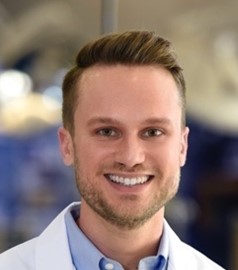
Ben Weigel, MD
Dr. Weigel is a current medical toxicology fellow at the Toxikon Consortium in Chicago, IL. He is a graduate of Tufts University and Tufts University School of Medicine. Ben completed his residency in emergency medicine at Baylor College of Medicine, where he served as chief resident, before moving to Chicago for fellowship. His academic interests include unintentional pediatric poisonings, novel psychoactive substances, and the intersection of toxicology and social determinants of health. In his free time, he enjoys hiking, skiing, and traveling with his husband and their bernedoodle, Dory.”

